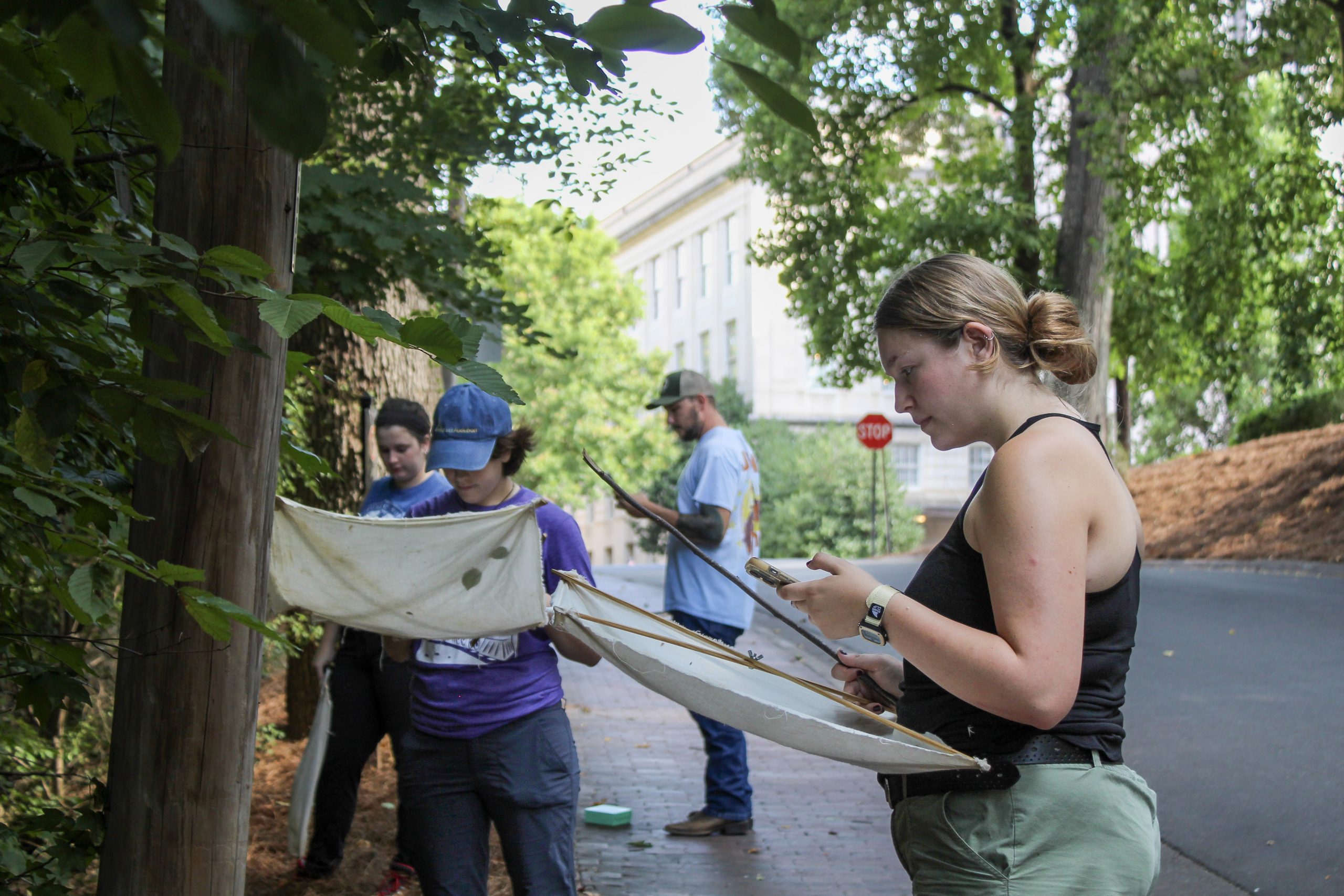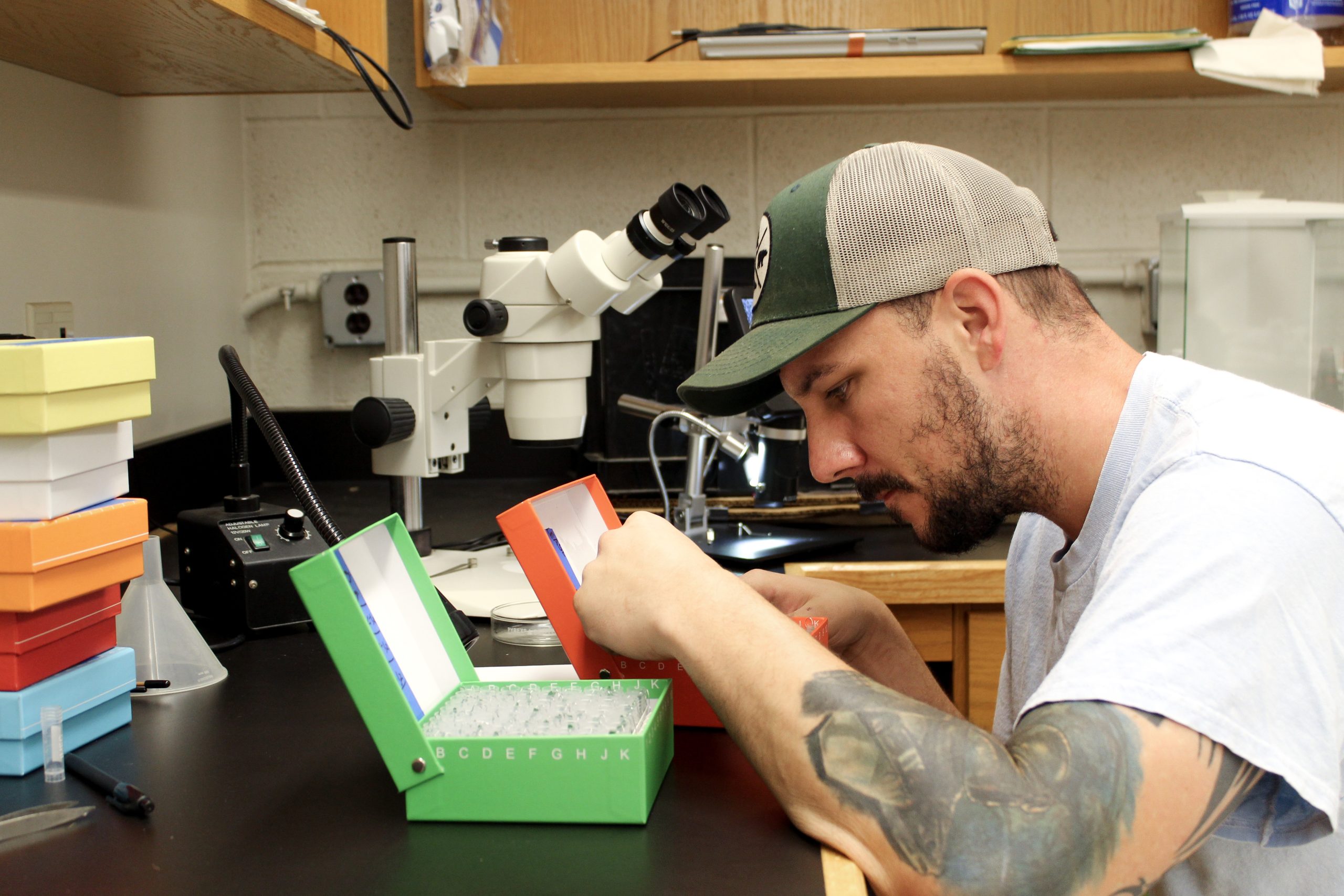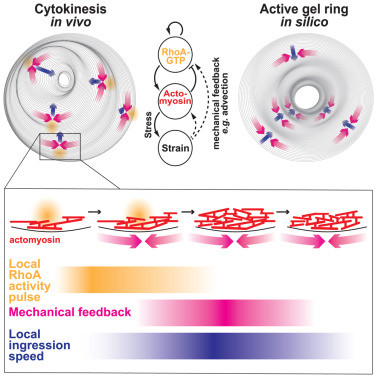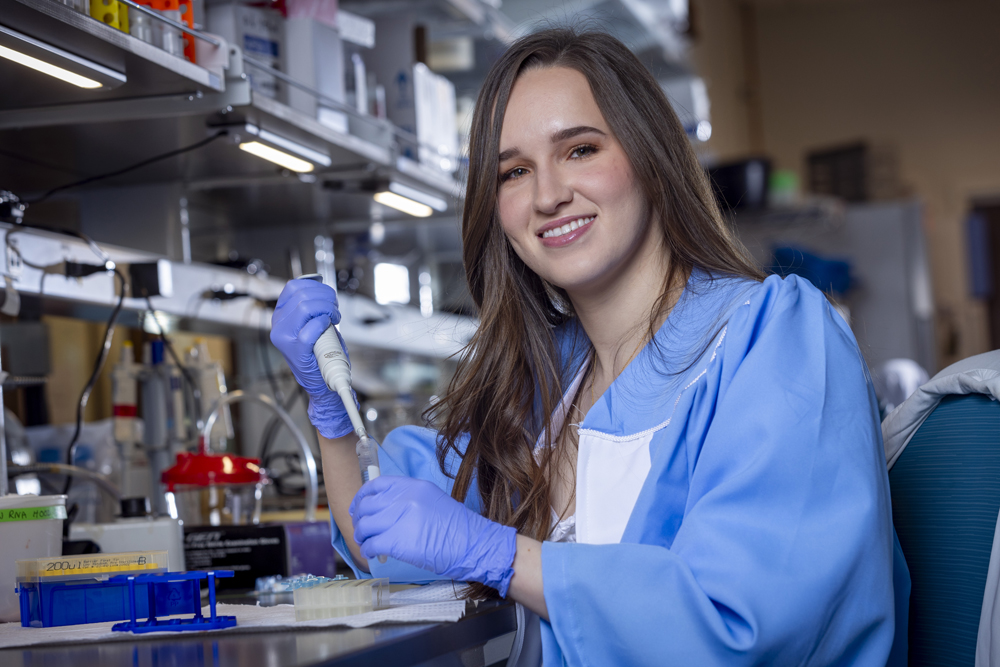From The Daily Tar Heel: UNC academics research shark ecology and mislabeling of shark meat in grocery stores
“…At UNC, sharks take the limelight for longer than a week, with many professors and students researching and studying the creatures year-round.
Joel Fodrie, a professor and the director of the Institute of Marine Sciences, leads a lab group that is broadly focused on estuarine ecology and how different organisms interact with one another within the larger coastal community, one of them being sharks. The lab is also the primary caretaker of the UNC-IMS longline shark survey, the oldest of its kind in the United States.
The survey helps gauge shark behaviors over the course of decades, Fodrie said. It aids with longer-term understanding, something that is vital in fully comprehending the behavior and nature of sharks from many species.
Fodrie said that North Carolina’s coastline, estuarine systems, temperature changes and abundance of seagrass all provide for a prime environment that can support over 50 species of sharks, with around 20 that can be caught with some regularity.
Over the past three years, Fodrie’s lab has been looking into the trophic ecology of sharks, dealing with what sharks eat. By studying the subject, the lab is able to gauge what conditions are conducive to a proper habitat for various shark species.
Studying trophic ecology has been vital in deducting larger patterns of migration and interaction for sharks within a larger ecosystem, along with understanding where they fit into a larger food web.
John Bruno, a professor in the Department of Biology, primarily researches marine biodiversity, macroecology, coral reef ecology and conservation and climate change’s impact on marine ecosystems.
Bruno teaches Biology 221: Seafood Forensics, a course-based undergraduate research experience typically offered in the fall, providing students the opportunity to conduct research on topics of their choosing.
“It’s so much fun to teach these classes too,” Bruno said. “It’s way more rewarding than just teaching a lecture course because you make a lot of connections with the student. You really get to know them.”
Bruno said that a group of four students came up with an idea to study the mislabeling of shark meat at grocery stores, and conducted the research themselves in fall of 2022. After the project’s success, Bruno’s next fall section in 2023 repeated the experiment, but with a greater sample size with previous students serving as Undergraduate Learning Assistants.
Bruno’s class found that within the 30 samples they collected, 97 percent were mislabeled. 70 percent were labeled as shark but not to species, and of the nine that were named to species, eight were mislabeled. Out of all 30, one sample was correctly labeled…”
READ MORE






